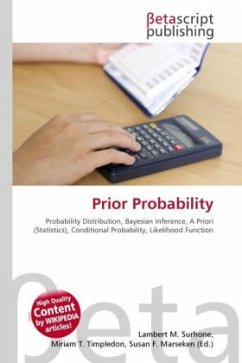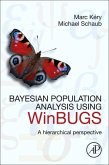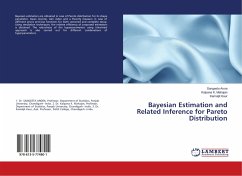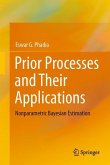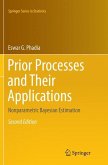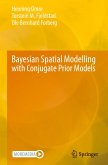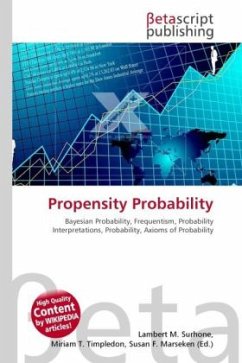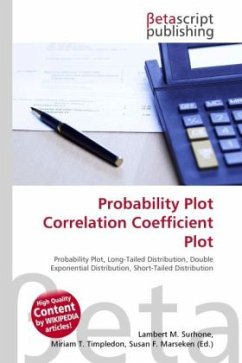High Quality Content by WIKIPEDIA articles! In Bayesian inference, a prior probability distribution, often called simply the prior, is a probability distribution representing knowledge or belief about an unknown quantity a priori, that is, before any data have been observed P(A). The unknown quantity could be a parameter, hypothesis or latent variable. The posterior probability is then the conditional probability taking the data into account P(A B). This is computed from the prior and the likelihood function via Bayes' theorem.
Bitte wählen Sie Ihr Anliegen aus.
Rechnungen
Retourenschein anfordern
Bestellstatus
Storno

